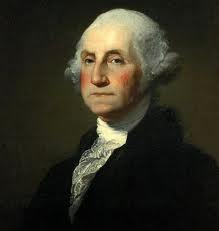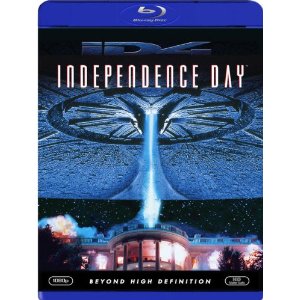

History of Independence Day USA – The Story And Origin of Fourth of July (4th July)

What Is The Story Behind The History and Origin of Independence Day?
As we celebrate the joys of the freedom in Independence Day, let us also remember its history and the people who fought for Independence Day. Commonly known as the Fourth of July, Independence Day is a federal holiday in the United States commemorating the adoption of the Declaration of Independence on July 4, 1776, declaring independence from the Kingdom of Great Britain. Fourth of July is commonly associated with celebratory activities such as fireworks, parades, barbecues, carnivals, picnics, fairs, concerts, baseball games, family reunions, and political speeches and ceremonies, in addition to various other public and private events rejoicing in the history, government, and traditions of the United States. Many privately celebrate with Independence Day poems
We all know today that Independence Day is the national day of the United States.
What’s the Story and History behind Independence Day? The Living Guru has chosen 2 versions to share with you.
| Many people believe that we celebrate the Fourth of July because that is the day we received our Independence from England. While those people are thinking along the right track that is not the sole reason that we celebrate the Fourth of July, nor is it the main factor that brought about the Fourth of July holiday.As far back as the 18th century the United States was not known as the United States. In fact, what we now call states were actually called colonies. The United States was at that time an extension of England. People migrated from England via ships to settle in America, but eventually differences in life, thought, and culture began to develop which caused a rift between Britain and America.When the colonies were first settled they were allowed to develop freely without any interference from Britain, but things drastically and abruptly changed in 1763. Britain then adopted a new stance that that they needed to exercise more control over the colonies. Britain decided that the colonies needed to pay back funds to the mother country and they needed to pay for the colonies defense, which was being provided by Britain. But the colonies did not buy into these new rules at all. They held the view that since they were not represented in Parliament that they shouldn’t have to pay any kinds of taxes to the mother country, hence the saying “no taxation without representation”?. When Britain continued to tax, the colonies formed the First Continental Congress to persuade the British government to recognize the colonies’ rights. Alas, when this didn’t work a war was declared, which is known as the American Revolution.After the First Continental Congress failed to persuade Britain to recognize the colonies’ rights, war was declared. During this time, many people who were both considered moderates and radicals had decided that enough was enough and that any type of taxation without parliament representation was considered tyranny. People such as John Adams, Ben Franklin and Samuel Adams, as well as a group called the Sons of Liberty decided that it was time to unite all of the colonies and to stand together against Britain. |
According to Wikipedia,
During the American Revolution, the legal separation of the Thirteen Colonies from Great Britain occurred on July 2, 1776, when the Second Continental Congress voted to approve a resolution of independence that had been proposed in June by Richard Henry Lee of Virginia declaring the United States independent from Great Britain. After voting for independence, Congress turned its attention to the Declaration of Independence, a statement explaining this decision, which had been prepared by a Committee of Five, with Thomas Jefferson as its principal author. Congress debated and revised the wording of the Declaration, finally approving it on July 4. A day earlier, John Adams had written to his wife Abigail:
Adams’s prediction was off by two days. From the outset, Americans celebrated independence on July 4, the date shown on the much-publicized Declaration of Independence, rather than on July 2, the date the resolution of independence was approved in a closed session of Congress.
Historians have long disputed whether Congress actually signed the Declaration of Independence on July 4, even though Thomas Jefferson, John Adams, and Benjamin Franklin all later wrote that they had signed it on that day. Most historians have concluded that the Declaration was signed nearly a month after its adoption, on August 2, 1776, and not on July 4 as is commonly believed.
In a remarkable coincidence, both John Adams and Thomas Jefferson, the only signers of the Declaration of Independence later to serve as Presidents of the United States, died on the same day: July 4, 1826, which was the 50th anniversary of the Declaration. Although not a signer of the Declaration of Independence, but another Founding Father who became a President, James Monroe, died on July 4, 1831, thus becoming the third president in a row who died on this memorable day. Calvin Coolidge, the 30th President, was born on July 4, 1872, and, so far, is the only President to have been born on Independence Day. |
|
If you like this article, you might also like to be connected with like-minded people at this Inspirational Facebook page :
|
RECOMMENDED READINGS :
Independence Day Quotes by Founding Fathers
 No Responses
No Responses 
Trackbacks/Pingbacks
- Independence Day Quotes And What USA Founding Fathers Say About 4th July | www.thelivingguru.com - [...] History of Independence Day [...]
 Leave a Reply
Leave a Reply 








